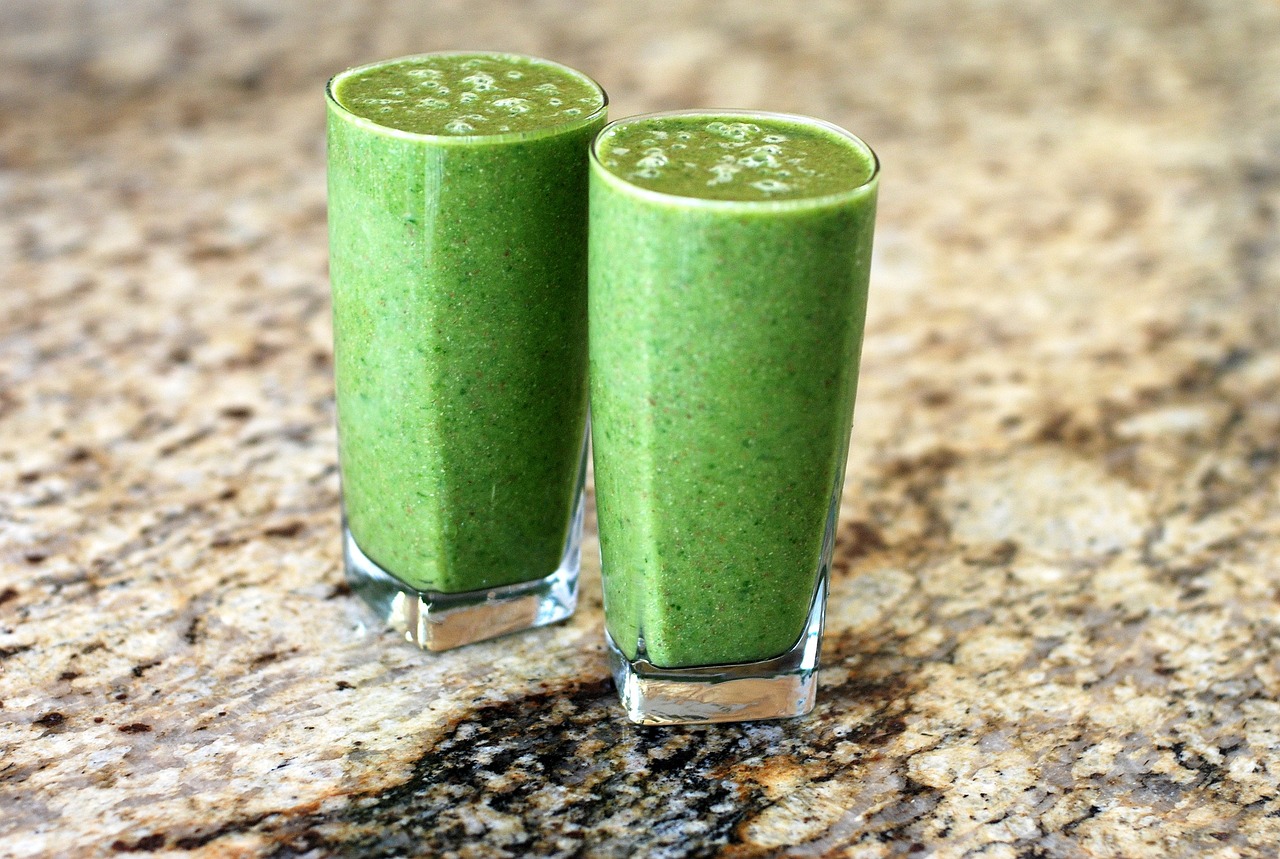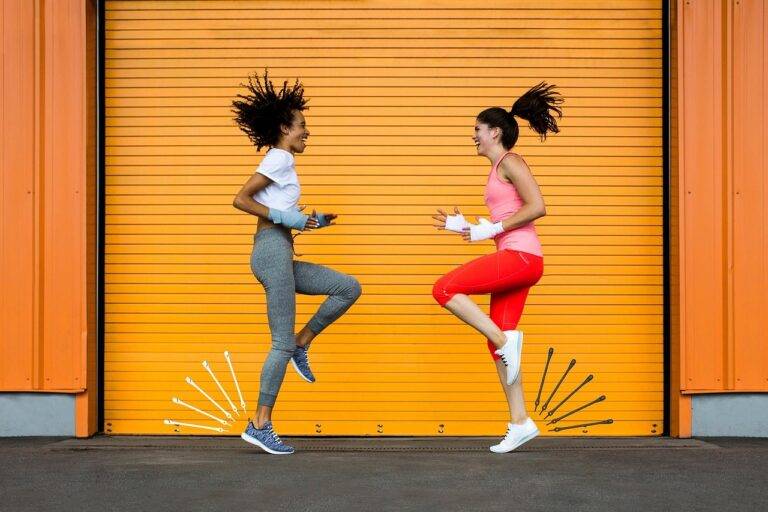Dance and Brain Health: The Science Behind It
world7, mahadev book login, silverexch:Dance and Brain Health: The Science Behind It
Have you ever noticed how dancing can make you feel uplifted and energized? Well, it turns out that there’s actually a scientific reason behind this phenomenon. Studies have shown that dancing can have a positive impact on brain health, leading to improved cognitive function, memory, and even mood. In this article, we’ll explore the science behind dance and its effects on the brain.
How does dance affect the brain?
When we dance, our brains are engaged in a multitude of ways. For starters, dancing requires us to coordinate our movements with the music, which involves various parts of our brain working together. This coordination helps to improve motor skills and balance, as well as enhance overall brain function.
Additionally, dancing can boost cognitive function by challenging the brain to learn new dance moves and sequences. This can help improve memory, focus, and attention span, as well as promote neuroplasticity – the brain’s ability to adapt and change in response to new experiences.
Moreover, dancing has been shown to reduce stress and anxiety, thanks to the release of endorphins – feel-good hormones – during physical activity. This can lead to a positive feedback loop, where dancing makes you feel good, which in turn motivates you to dance more.
The benefits of dance on brain health are not limited to just the physical act of dancing. Even watching a dance performance can stimulate the brain and evoke emotional responses that can improve mood and mental well-being.
Dance therapy has also been used as a therapeutic tool for individuals with neurological disorders, such as Parkinson’s disease and Alzheimer’s. In these cases, dance can help improve motor function, coordination, and overall quality of life.
So whether you’re taking a dance class, busting a move at a party, or simply grooving to your favorite tunes in the comfort of your own home, know that you’re not just having fun – you’re also giving your brain a workout.
The science behind dance and brain health is undeniable, and the benefits are numerous. So next time you’re feeling stressed or looking to boost your mood, consider putting on some music and dancing it out. Your brain will thank you for it.
FAQs
Q: Can anyone benefit from dancing?
A: Yes, absolutely! Dancing is a universal activity that can benefit people of all ages and abilities. Whether you’re a seasoned dancer or a complete beginner, there are countless ways to enjoy the cognitive and emotional benefits of dancing.
Q: How often should I dance to see improvements in brain health?
A: Any amount of dancing can be beneficial, so don’t feel pressured to dance for hours on end. Even just a few minutes of dancing each day can have a positive impact on your brain health.
Q: Are there specific types of dance that are better for brain health?
A: Not necessarily. Any type of dance can be beneficial for brain health, as long as it’s engaging and enjoyable for you. Whether you prefer salsa, hip-hop, ballet, or line dancing, the most important thing is to have fun and keep moving.
Q: Can dance therapy help with mental health conditions?
A: Dance therapy has been shown to be effective in improving mood, reducing anxiety, and boosting self-esteem. While it’s not a replacement for traditional therapy or medication, dance therapy can be a valuable complement to mental health treatments.
Q: Is there a specific age group that can benefit the most from dancing?
A: People of all ages can benefit from dancing, as it offers a wide range of physical, cognitive, and emotional benefits. From children to older adults, dancing is a fun and accessible way to improve brain health and overall well-being.
In conclusion, the science behind dance and brain health is clear: dancing can have a profound impact on cognitive function, memory, and mood. So the next time you’re looking for a fun and effective way to give your brain a workout, consider hitting the dance floor and letting loose. Your brain will thank you for it.







